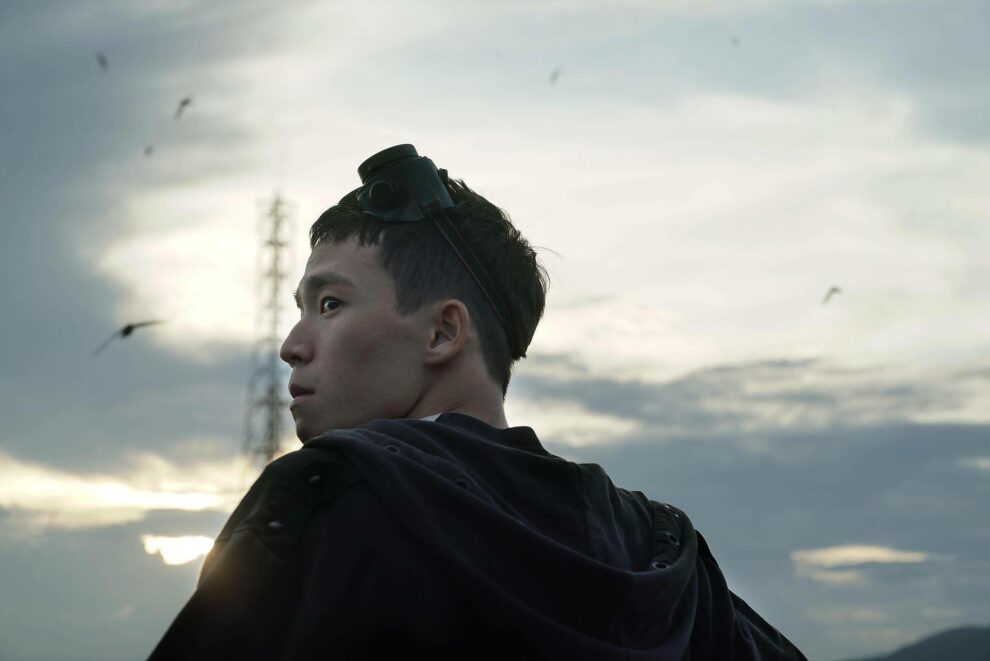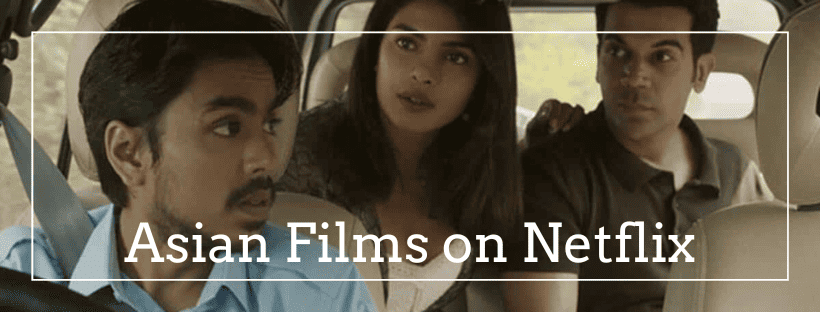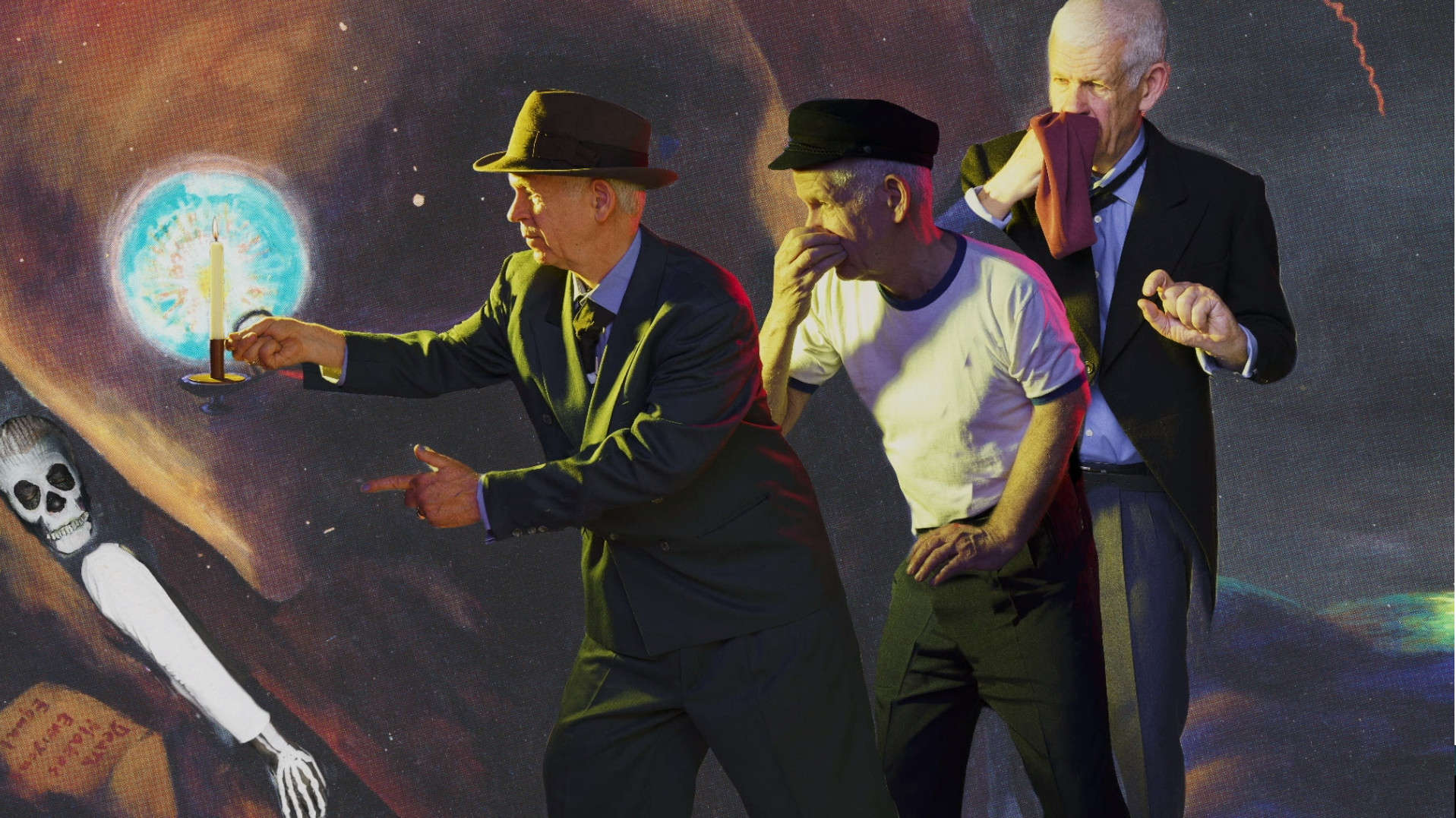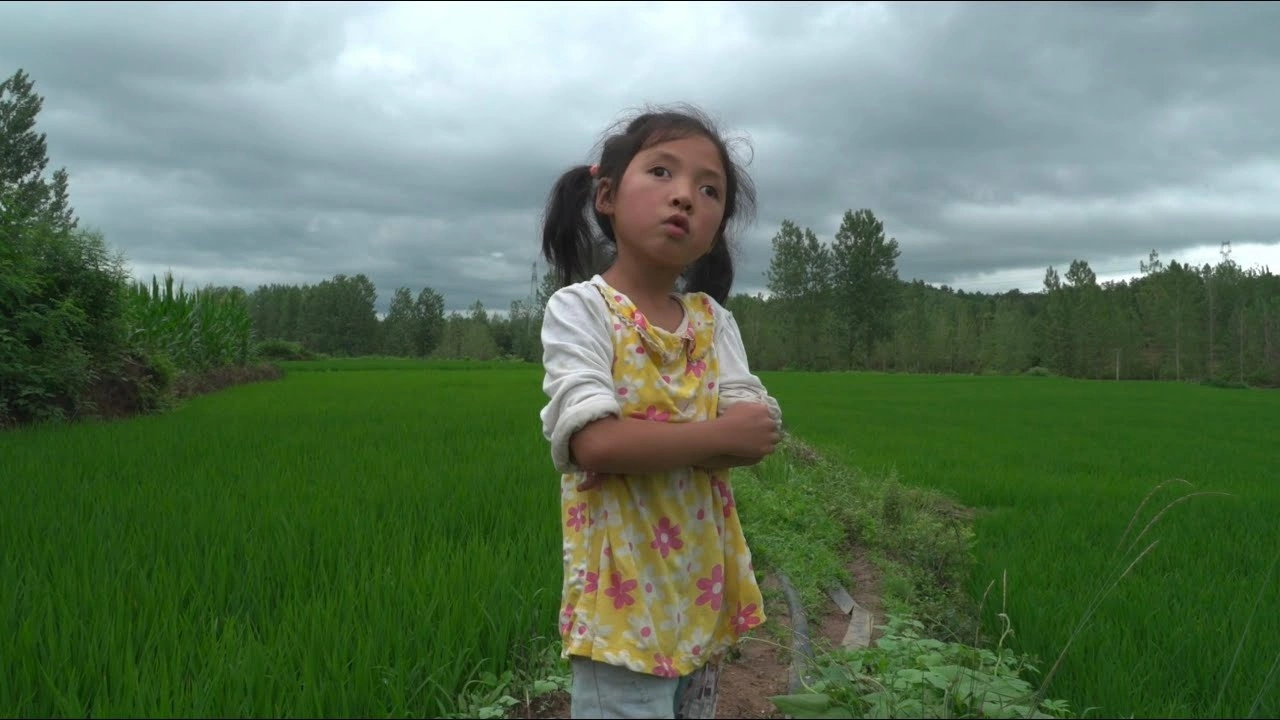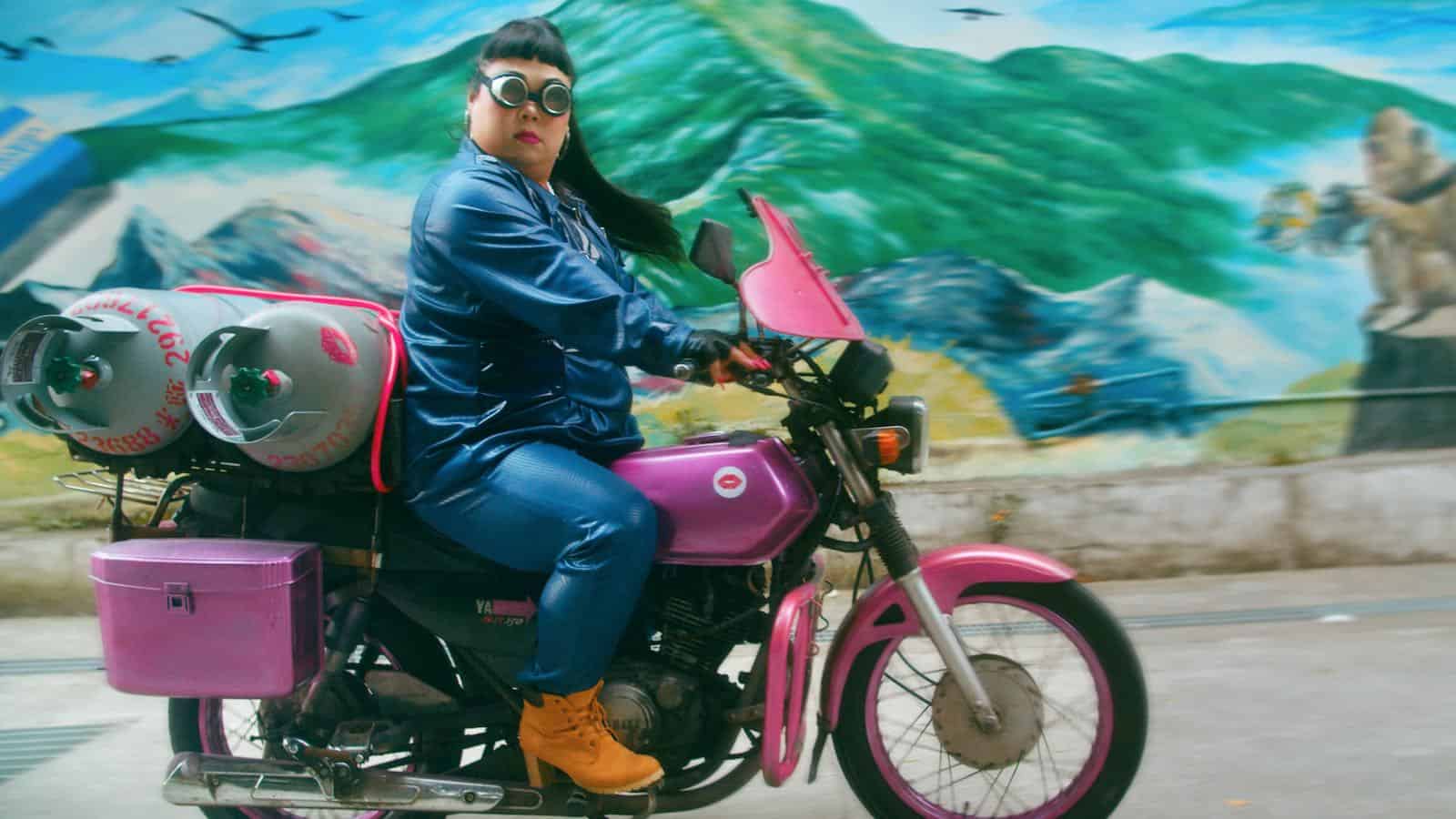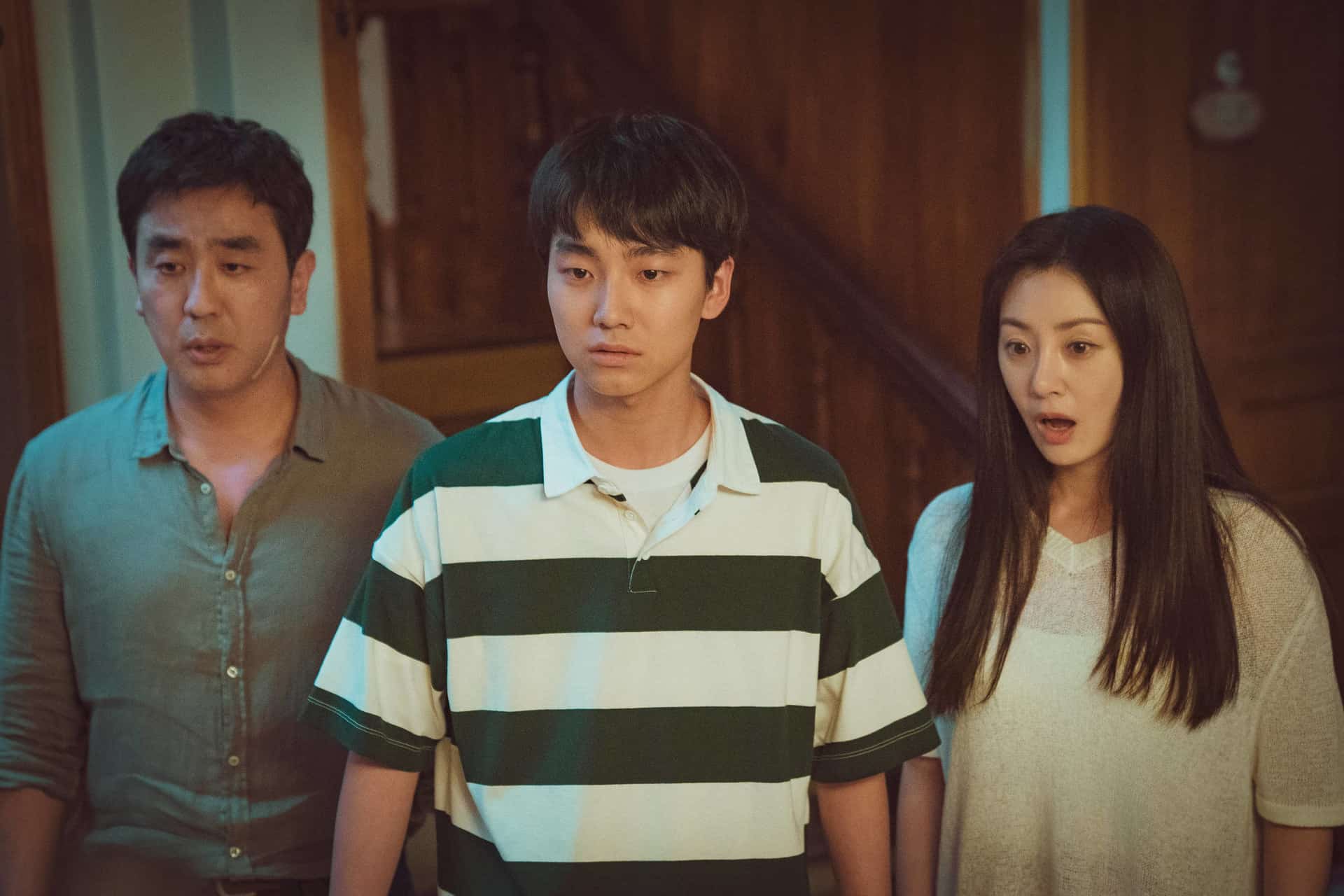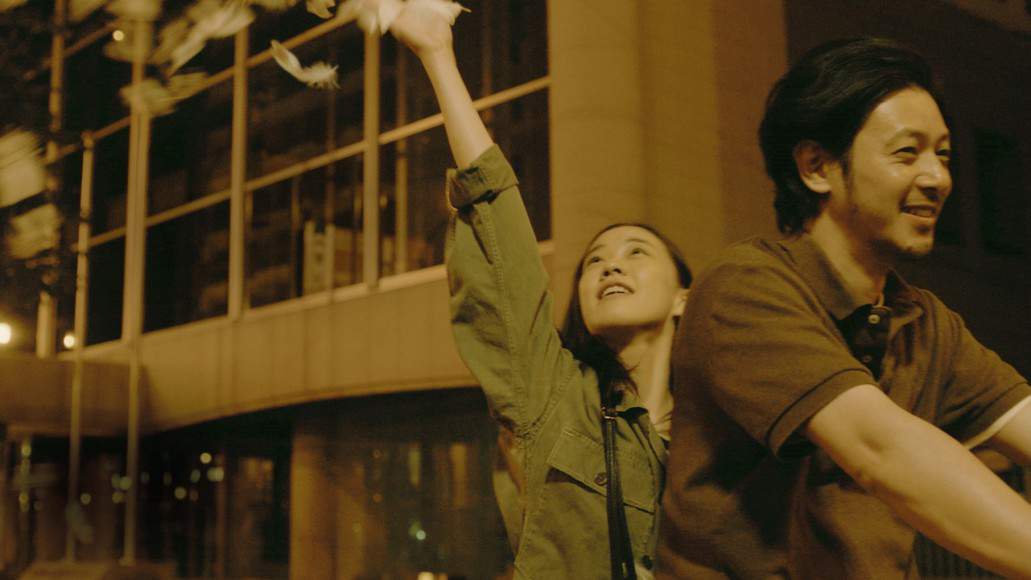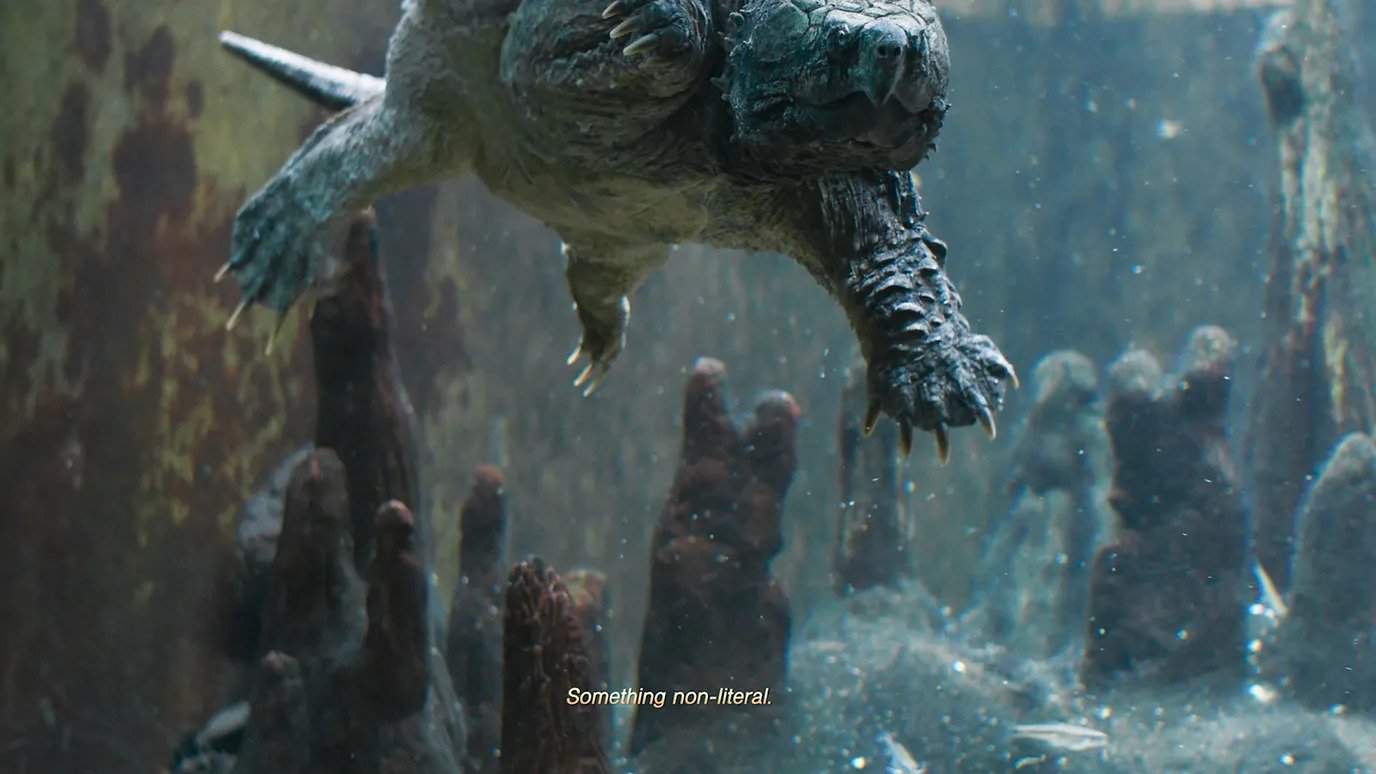By Hugo Hamon
After a long career as a documentary filmmaker, during which his movies won awards at several festivals, including Locarno and the Taiwan International Documentary Film Festival, Thai director Nontawat Numbenchapol presented his first feature film at the 2023 Busan International Film Festival. “Doi Boy” is a neo-noir feature that conceals a sharp documentary approach. Produced by Anti-Archive (“Return to Seoul”, “White Building”, “Onoda”, etc.) and distributed worldwide by Netflix, the film was highly anticipated and made a strong impression at its premiere.
Sorn, a young man conscripted by the Shan army in eastern Myanmar, flees to Thailand. As an illegal immigrant living in poverty in Chiang Mai, he becomes a dancer and masseur at a gay club called Doi Boy, with the goal of saving up to buy a passport. However, the club closes due to Covid, leaving Sorn in an extremely precarious situation.
Meanwhile, Ji, a regular customer at Doi Boy and an obsessed police officer, is tasked with silencing activists at night. Ji's next target is Wuth, a human rights activist who speaks out against forced disappearances. Knowing that Sorn is familiar with the forests of Myanmar and the locations of Shan army checkpoints, Ji offers to help Sorn obtain a passport in exchange for his assistance in tracking down Wuth. Led by Sorn, Ji manages to enter the jungles of Myanmar. As they venture deeper into the forest in a frenzied pursuit, Ji becomes increasingly violent and unstable.
“Doi Boy” goes beyond its effective thriller facade to address a wide range of themes. It delves into typically overlooked issues in Asia, including illegal immigration, police violence, human rights, gender diversity, sex work, the impact of Covid on refugees and the underprivileged, and power relations.
Of course, the film evokes the complex situation of migrants, especially those like Sorn who flee the Shan war and find themselves in a situation where their identity is uncertain. It's a fictional pursuit of his 2019 documentary, “A Soil without Land,” which followed a young stateless Shan man living in a buffer zone between Burma and Northern Thailand, submitting to a life in limbo as he trains to become a soldier for the Shan State Army. For over 50 years, a civil war has raged between the Shan, Burma's largest ethnic minority group, and the Burmese military. Living in a disputed land, undefined as a state, the Shan youth is stuck in the village without any ID or passport.
Sorn's extreme social, financial, and legal vulnerabilities lead to symbolic destruction, particularly in the second half of the film, when he is thrust into a nightmarish chase through the forests between Myanmar and Thailand, where all safeguards are abolished. Nontawat Numbenchapol transforms a narrative rooted in reality into a descent into hell, echoing Sorn's migration journey marked by violence and the fading trust in the police officer. The pace starts slow with a hazy and ethereal narrative but accelerates as it takes us into the forest.
In “Doi Boy”, surreal and almost phantasmagorical scenes are extensively utilized, paradoxically embodying the subjects even more. The camp aesthetic of the club (with neon lights and exuberance), aligns with the stereotypical figure of the hard-boiled cop. The distribution of visible spaces raises questions about the distribution of authority. While the cop is the incarnation of public authority, he seems to act outside any legal framework, leaving the viewer filled with empathy for Sorn. Sorn's perpetual escapes, beyond being a symptom of his fragile social condition, can be seen as desires for freedom.
The movie encompasses a fluidity in everything. Ultimately, identities, nationalities, states, boundaries, relationships, values, friendships appear as arbitrary constructions, and in the midst of this jungle without any absolutes, anyone can be anything and everyone could represent a danger. The transition between scenes is executed with delicate grace, seamlessly navigating even the harshest realities.
“Doi Boy” features numerous plot twists, with many scenes allowing the complexities of each character to unfold and reshape our emotional investment in them. Our empathy varies greatly throughout the viewing. Initially, we adopt the perspective of the cop and develop empathy for him. However, as he proves to be violent and as the film takes on a thriller tone, we become much closer to Sorn and activist Wuth, creating an especially intense contrast.
The performances of the three main actors are remarkable. The portrayal of the distress that hides beneath the playfulness and the eroticism of Awat Ratanapintha is remarkable. Arak Amornsupasiri is also excellent, transitioning from nervousness to menace. Numbenchapol focuses less on dialogue and more on the emotions conveyed by the faces and breathing. Exhaustion, fear, anxiety, and eroticism are palpable in their breathing patterns, their eyes, and their sweat.
Produced by Anti-Archive and under the guidance of director-producer Davy Chou (“Return to Seoul”), who had already assisted Nontawat Numbenchapol in a complicated documentary shooting in a disputed area between Thailand and Cambodia, the movie combines a documentary approach seen through its social subjects, its willingness to dig beneath the surface, and a surreal aesthetic. The documentary aspect emerges in the idea of prospective research, seeking to understand complex social and political phenomena through a singular drama, a character that we follow. For instance, in his Q&A after the premiere at the Busan International Film Festival, the director mention that Sorn's character is an fictional characterization of illegal or poor migrants, even heterosexuals, who often end up becoming gay escort boys, a less regulated environment that offers employment opportunities in the shadows.
Accustomed to complex subjects and with a long career as a documentarian, Nontawat Numbenchapol provides a fictional continuation for real characters, whose migration paths merge into a spiritual environment. The drama is realistic yet ethereal, raising questions on a variety of topics, delivering sharp criticism, and constituting a technically rich and effective thriller.


